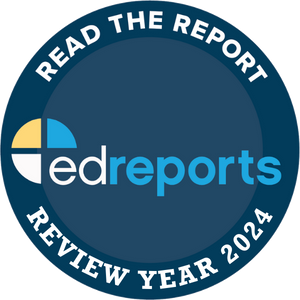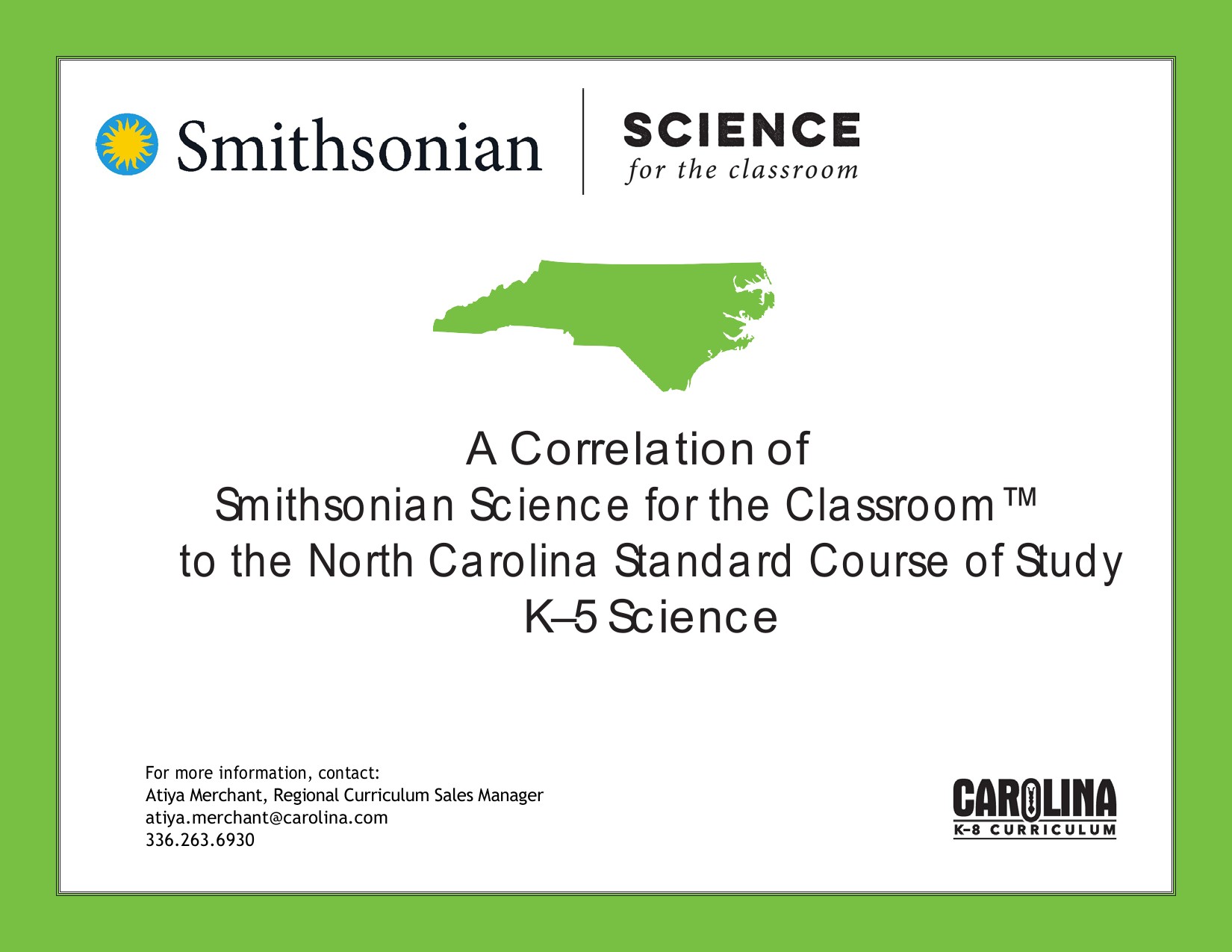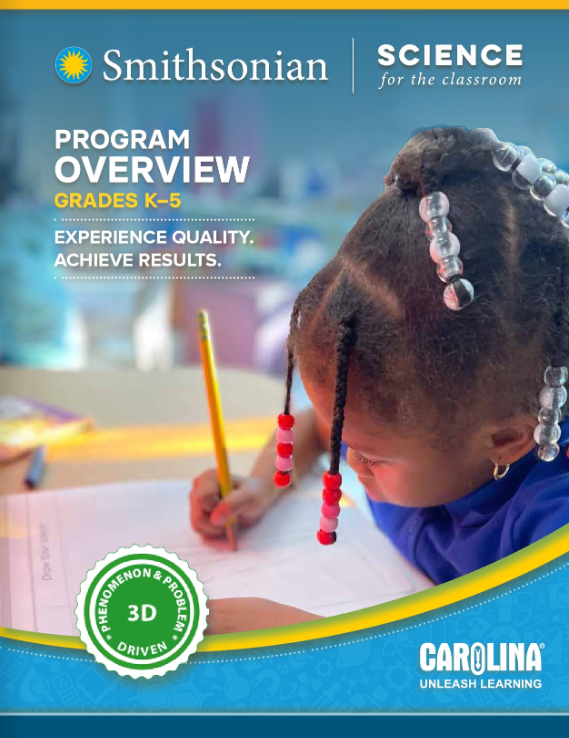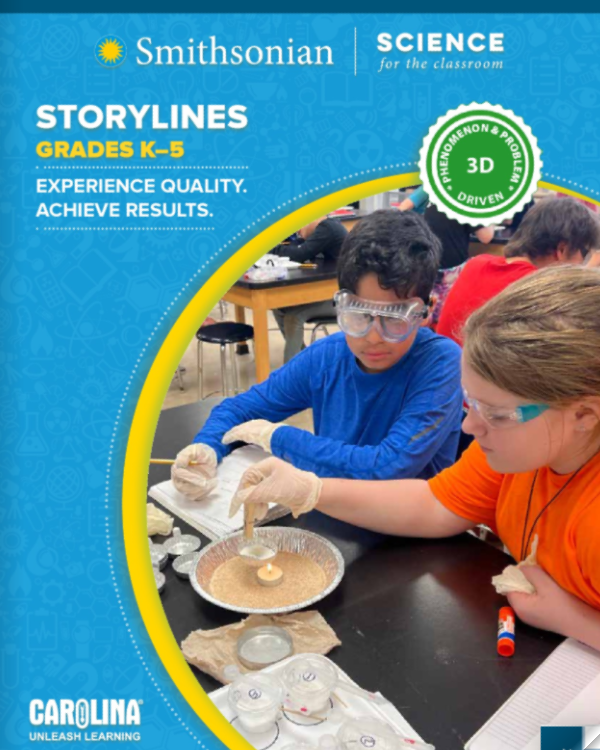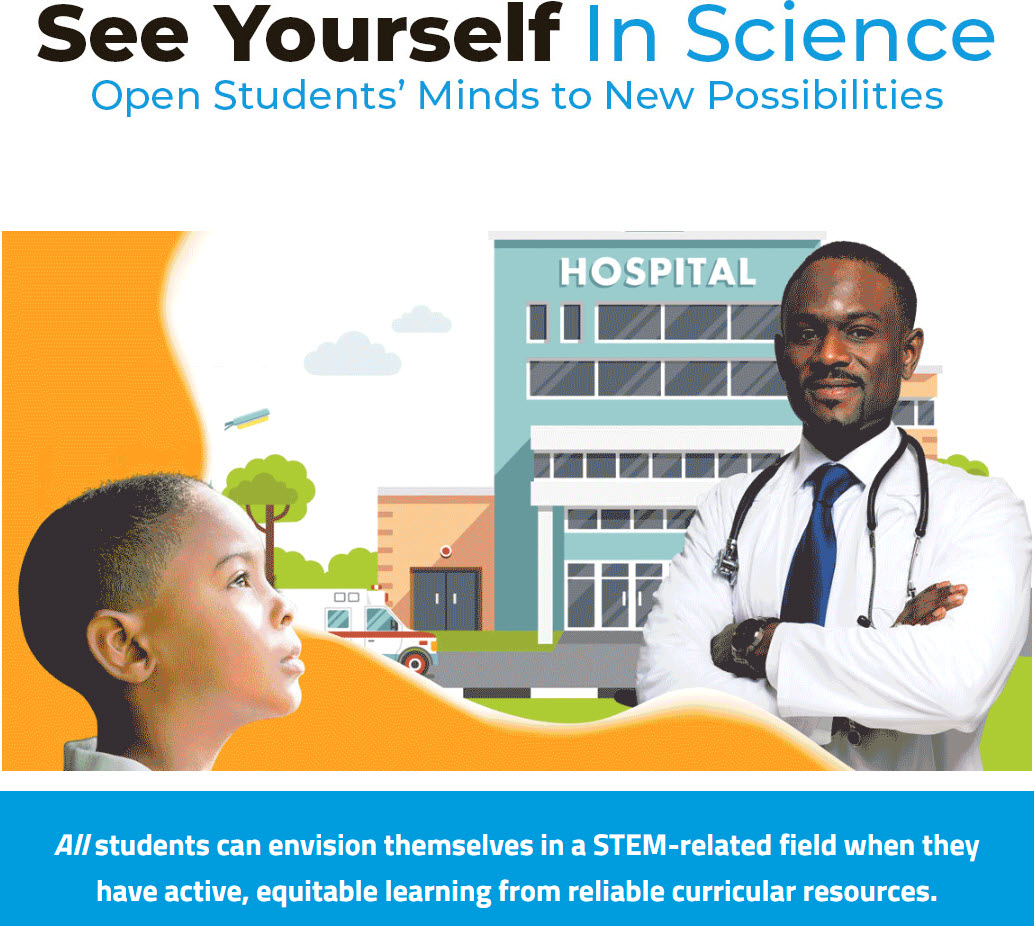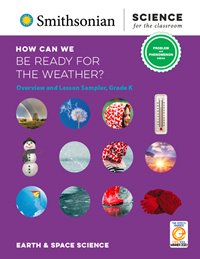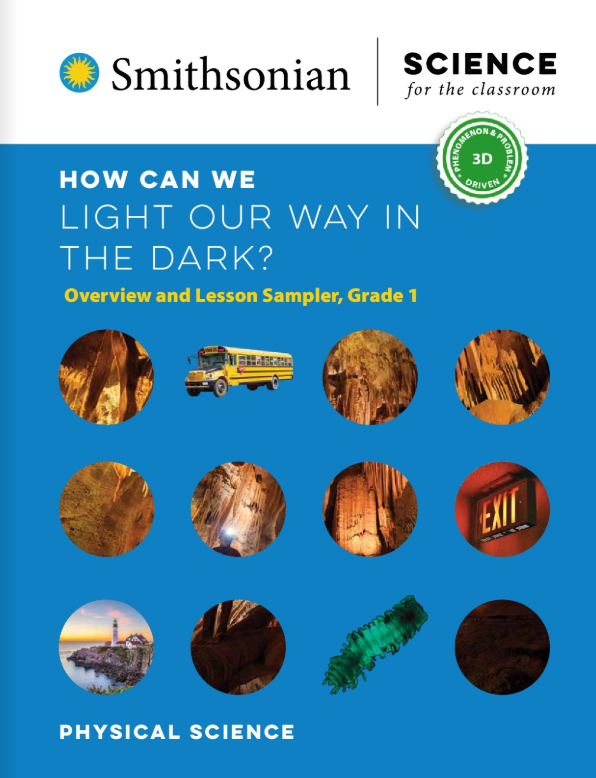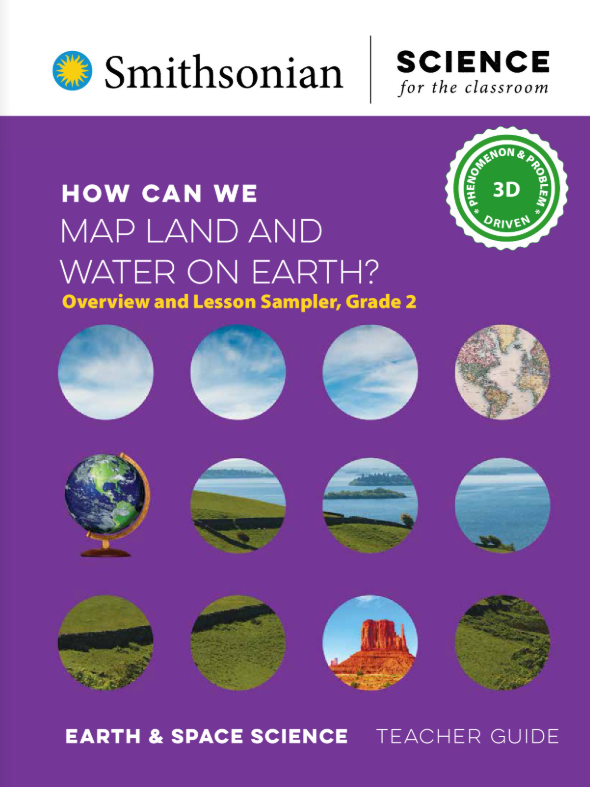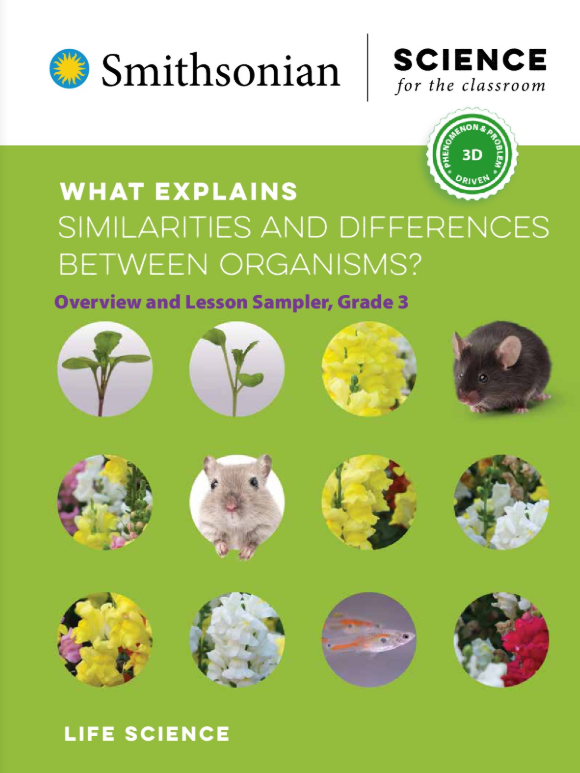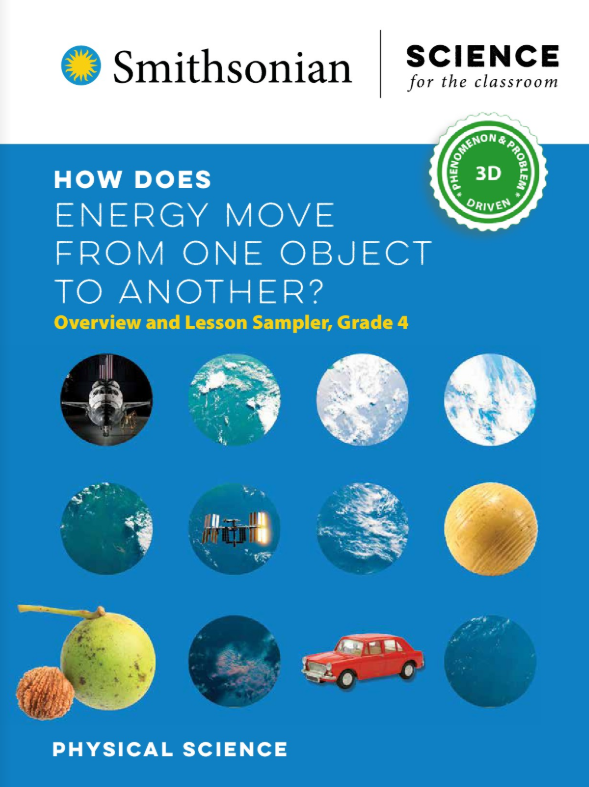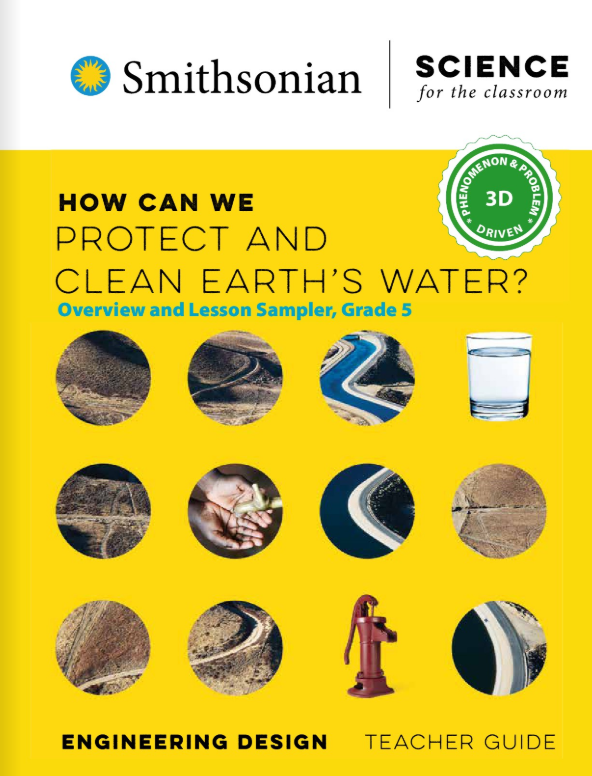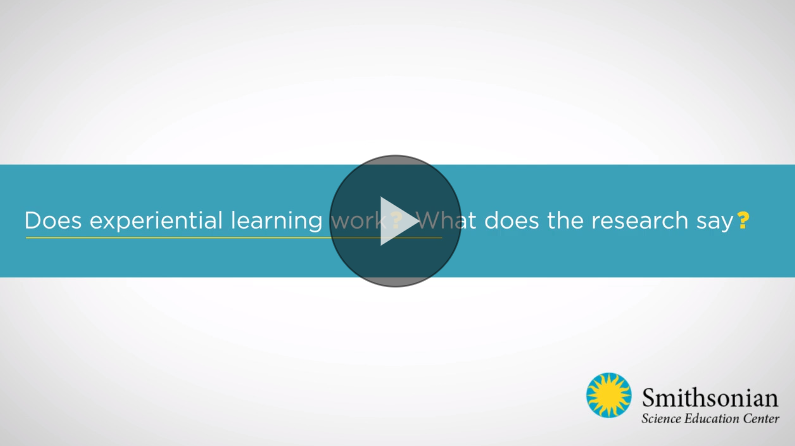
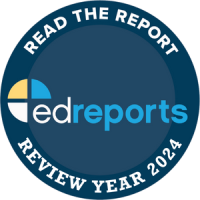
Rated All-Green by EdReports
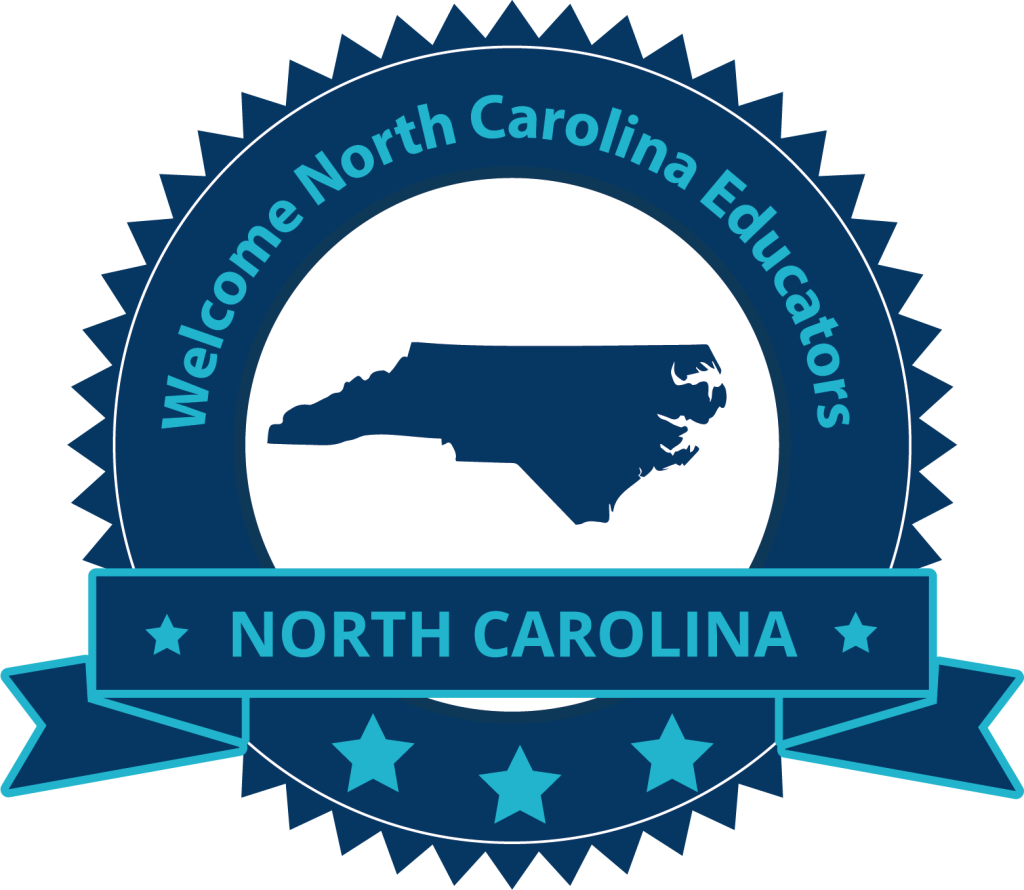
Smithsonian Brings Power of Science to NC Schools: Improving Student Achievement across State Borders and State Standards
Smithsonian Science for the Classroom’s high-quality instructional materials with accompanying differentiated Professional Development had positive and statistically significant effects on students’ science achievement and positive effects on 3rd-5th grade students’ math and reading achievement in a randomized controlled trial (RCT) conducted by an independent third-party researcher. In a world where instructional time for science lags other subject areas and learning recovery in reading and math receive national attention, it’s important to remember that phenomena-driven science instruction can support other disciplines to an incredibly positive effect while offering students opportunities to practice 21st century skills like problem solving, collaboration, and critical thinking.
The project, titled Smithsonian Science for North and South Carolina Classrooms, launched in October 2019 and will run through September 2024 in North and South Carolina. This project impacts third, fourth, and fifth grade classrooms in 37 schools across seven districts in the two states.
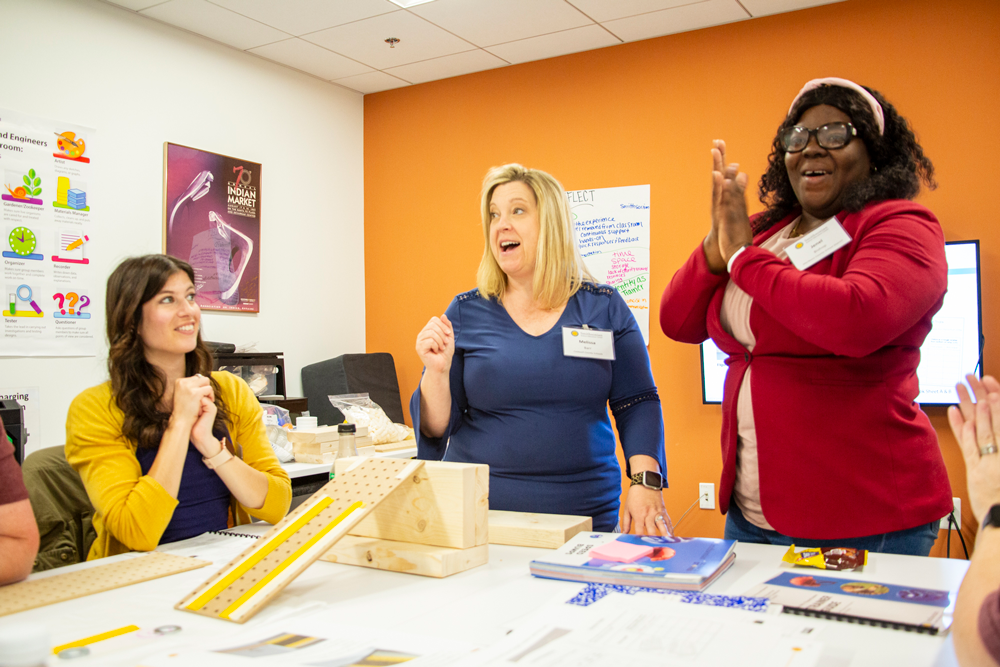
“We’re changing the way teachers think about what they do every day and hopefully in a positive, comfortable way. They are being supported through materials and professional development to focus on science, but also to use scientific principles to encourage students to ask great questions, dig deep, get dirty, and challenge themselves—in language and math as well as science.”
Dr. Sam Houston, President and CEO of the NC Science, Mathematics, and Technology Education Center
Smithsonian Science for the Classroom (K-2) earns an ALL-GREEN Rating from EdReports.
EdReports says that Smithsonian Science for the Classroom meets expectations in all three gateways.
Program Evaluation
Smithsonian Science for the Classroom™ offers educators phenomena- and problem-based modules for grades K–5. Twenty-four modules offer a depth of learning and an integrated approach to teaching science and engineering that only the expertise of the Smithsonian can provide.
Use these program evaluation resources to learn what Smithsonian Science has to offer teachers and students.
Watch this digital review tutorial to assist with your review.
Smithsonian Science for the Classroom™ Learning Framework for North Carolina
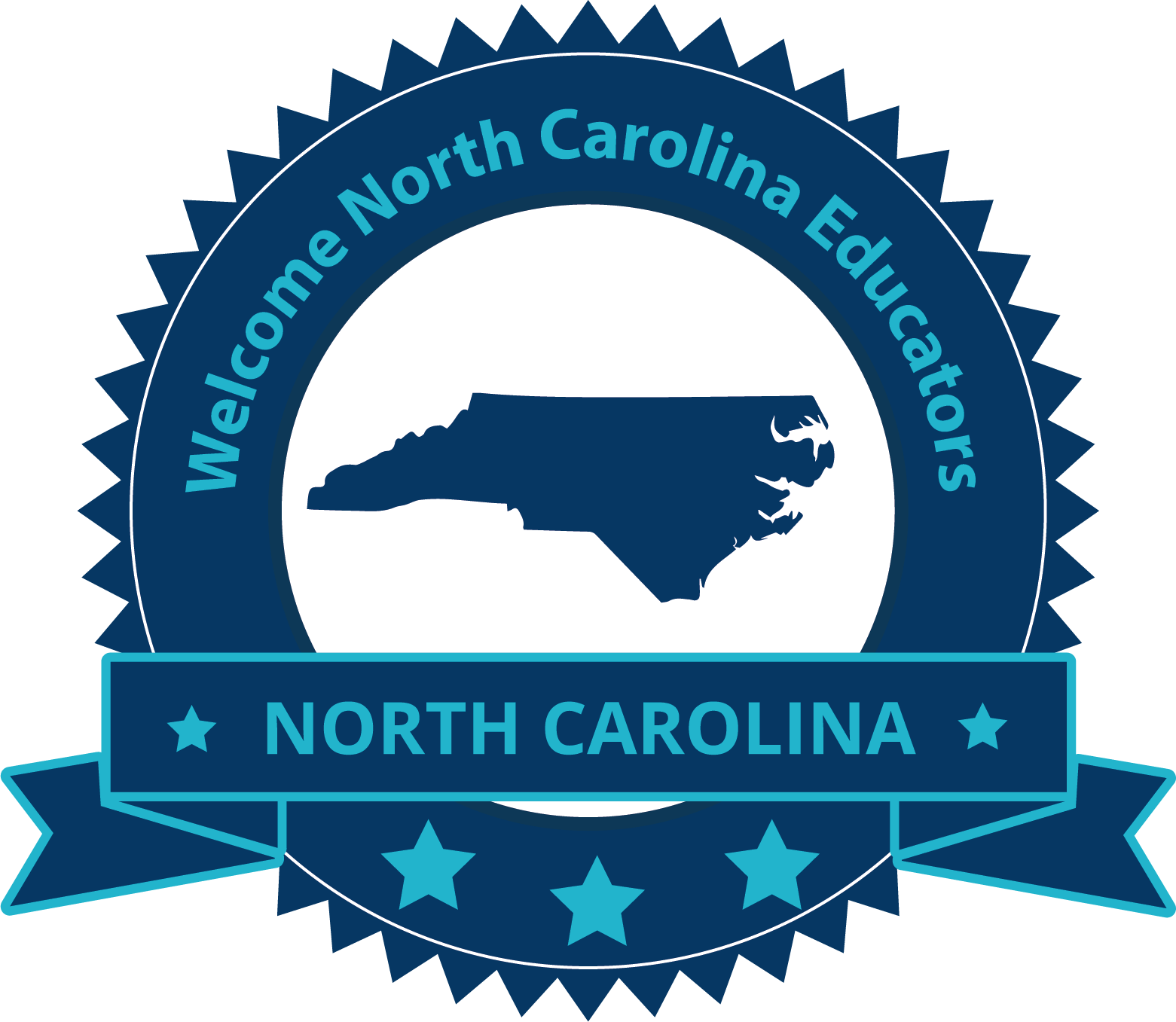
Recommended Scope and Sequence for the NC Standard Course of Study
Smithsonian Science for the Classroom, K-5 Science
Click on the module title you would like to review on CarolinaScienceOnline below.
Grade
K
LS.K.1.1, LS.K.1.2, LS.K.2.1, LS.K.2.2
ESS.K.1.1, ESS.K.1.2, ESS.K.1.3
PS.K.1.1, PS.K.1.2, PS.K.2.1, PS.K.2.2
Grade
1
LS.1.1.1, LS.1.1.2 ESS.1.3.1, ESS.1.3.2
ESS.1.1.1, ESS.1.1.2
ESS.1.2.1
PS.1.1.1, PS.1.1.2
Grade
2
LS.2.1.1, LS.2.1.2, LS.2.2.1, LS.2.2.2
ESS.2.1.1, ESS.2.1.2, ESS.2.1.3, ESS.2.1.4
PS.2.2.1, PS.2.2.2
PS.2.1.1, PS.2.1.2
Grade
3
LS.3.2.1, LS.3.2.2, LS.3.3.1
ESS.3.2.1, ESS.3.2.2
PS.3.2.3, ESS.3.1.1, ESS.3.1.2, ESS.3.1.3
PS.3.1.2, PS.3.1.3
PS.3.2.2, PS.3.3.1, PS.3.3.2
Grade
4
PS.4.3.2, LS.4.1.1, LS.4.1.2, LS.4.1.3, ESS.4.3.2, ESS.4.3.3
LS.4.2.1, LS.4.2.2, ESS.4.2.3, ESS.4.3.2
PS.4.1.1, PS.4.1.2
PS.4.2.1, PS.4.2.2, PS.4.2.3, ESS.4.3.3
Grade
5
LS.5.2.1, LS.5.2.2, LS.5.2.3
LS.5.3.2, LS.5.3.1
ESS.5.1.1, ESS.5.1.2, ESS.5.1.3
PS.5.1.1, PS.5.1.2, PS.5.1.3
PS.5.2.1, PS.5.2.2
Additional Teacher Support
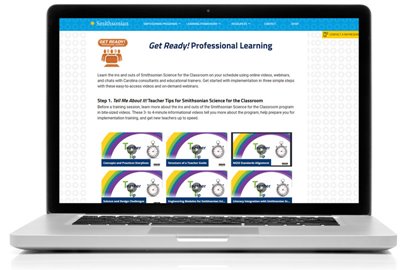
Get Ready! Professional Learning
- Step 1: Get Started! Teacher Tips
- Step 2: Get Informed! Digital Library
- Step 3: Tell Me More! Follow-Up Webinars
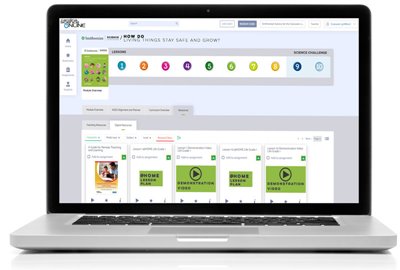
SS@HOME
Smithsonian Video Library from the Developers
Watch these short videos to learn more about SSEC philosophy and what drives the development of its programs.
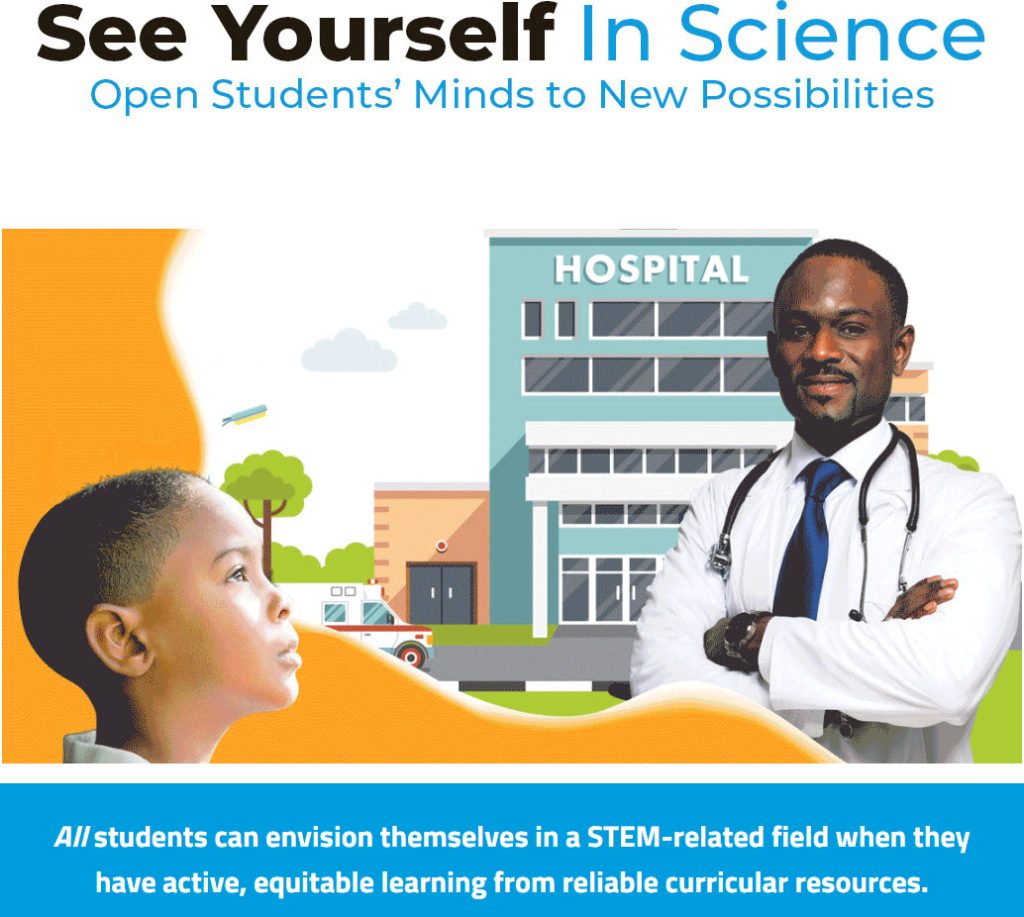
See Yourself in Science
The Smithsonian Science Education Center (SSEC) is dedicated to making K–12 STEM learning more accessible and inclusive so all students can see themselves in science.
- Learn how Smithsonian programs address educational equity
- Find education resources to help ALL your students see themselves in science
- Explore additional resources available from the Smithsonian Science Education Center
Have more questions? View our Smithsonian Science for the Classroom Frequently Asked Questions and Program Resources
Meet Your North Carolina Curriculum Support Team

"I look forward to hearing more about your instructional goals for science. Contact me to discuss what criteria is most important to you in a science program and how I can help you meet your timeline for review and implementation."
Curriculum Support Team

